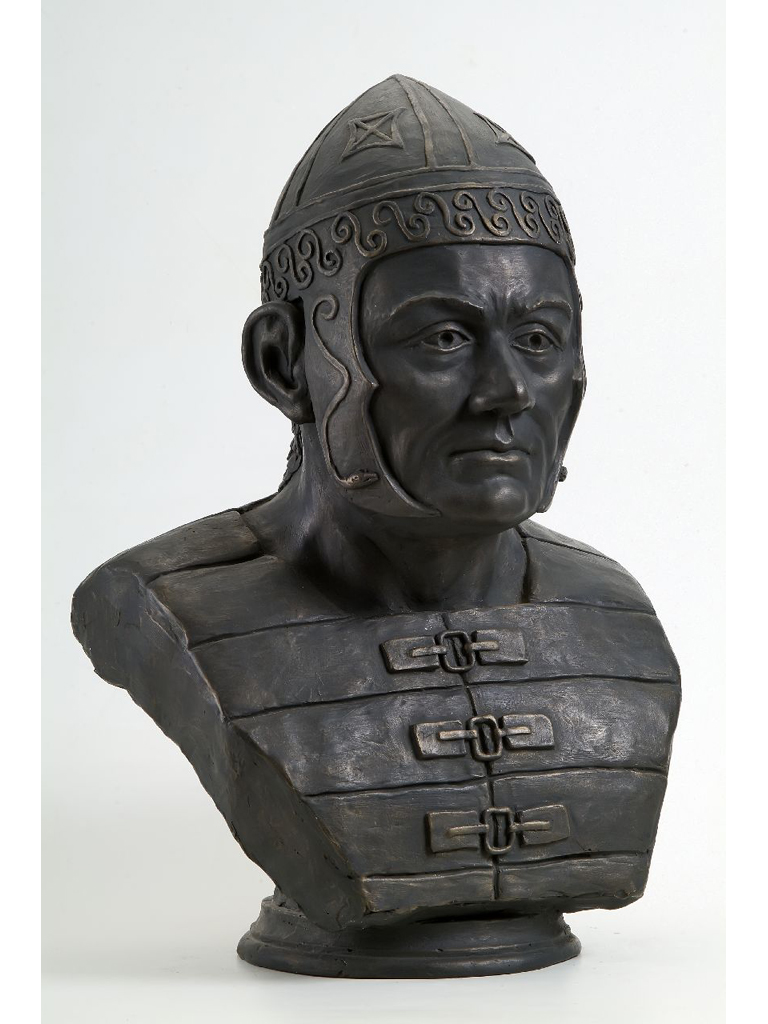Correct, but besides traditional Arab culture, its also correlated to Semitic religions like Judiasm, Islam and Christianity. If you look closely, you can see that Semites (society) were traditionally much more male-dominated, conservative and paternal. Unlike Iranian culture, where women had many rights and prominent role in the society. Iran, Afghanistan and Pakistan were eventually Islamized, and that was the end of women influence in societies. If you read Greek history or Alexander's adventure in M-E and Asia; they encountered female fighters in Afghanistan/Pakistan area and he eventually even married a Bactrian princes.
In Afghanistan and Pakistan it has really deteriorated, the role of women in society, but Iran still managed (partially) to keep its ancient culture. In Iran, the role of women is extremely increasing, and thats a good development. Watch Iranian protests in 2009, and Arab protests now. Iranian women were much more involved in those protests, while Arab women were raped on Tahrir square, and didn't had that much influence on those protests.

















